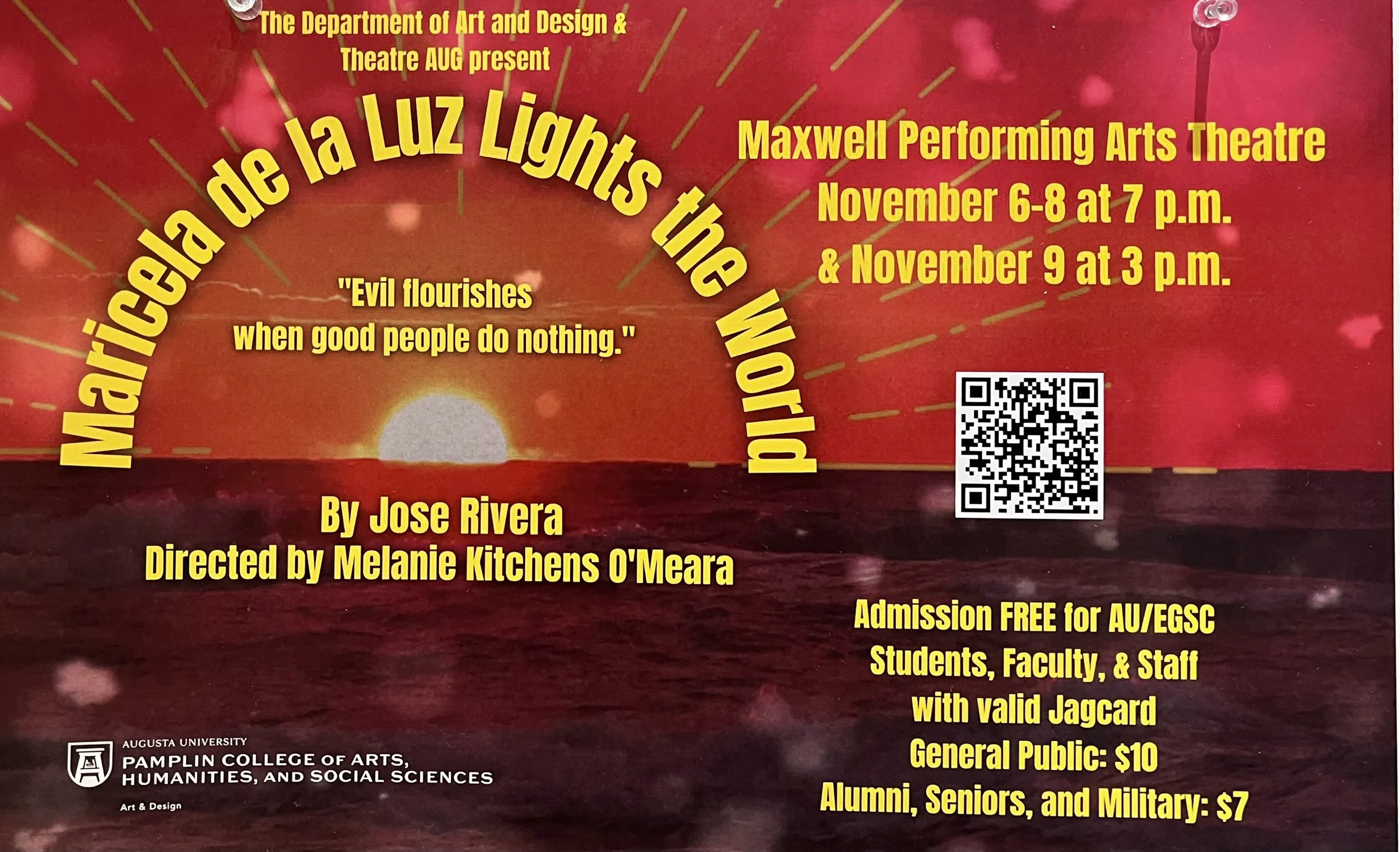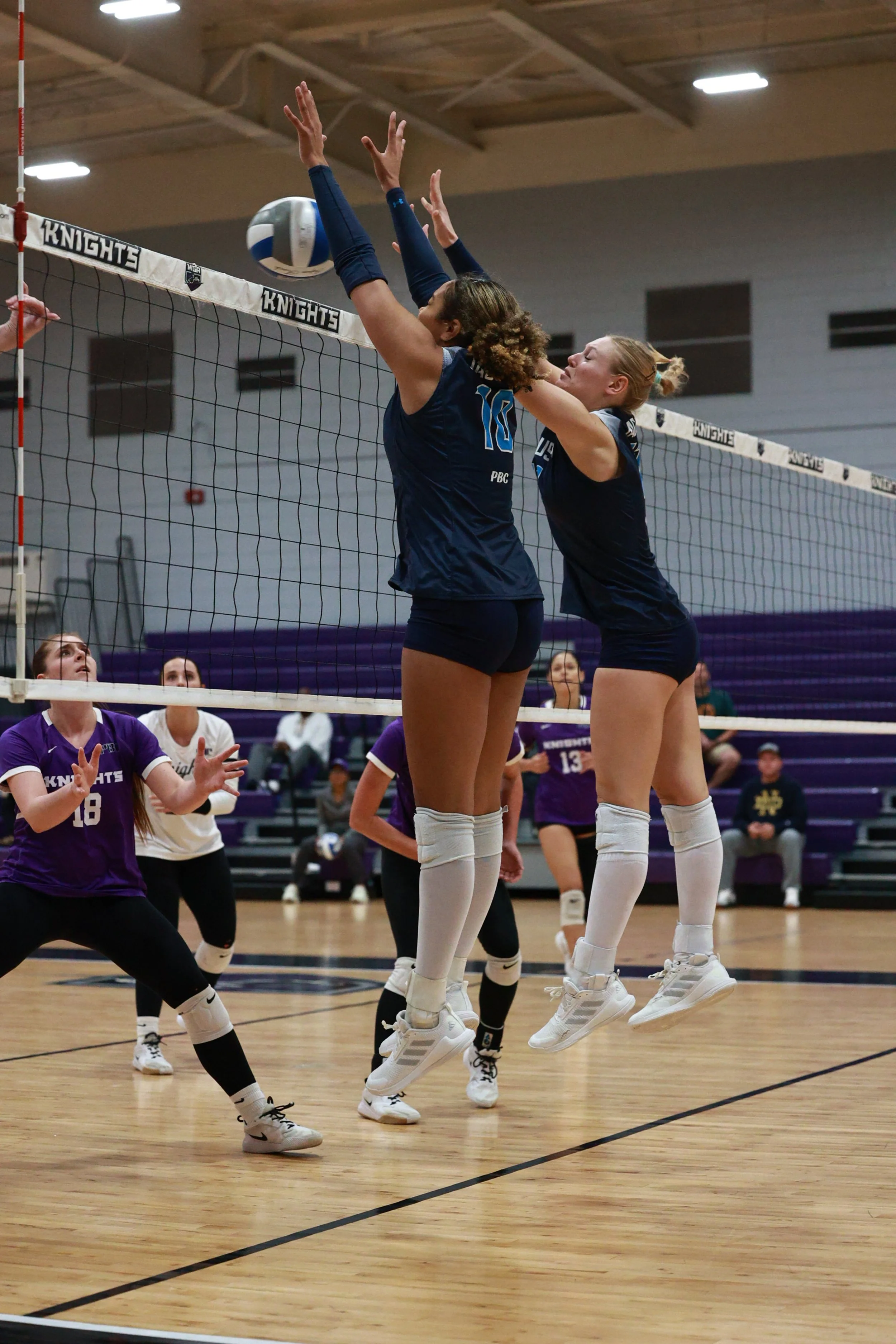The pitfalls of sports betting
By Rodrigo Burgos Avila | Editor in chief
It is hard to overstate the damage done, not just to individuals, but to the trust that we place in profesional sports, when the boundaries between competition and shadowy betting operations blur. The shock waves sent through the NBA this week following the arrests of Chauncey Billups and Terry Rozier are a clear alarm that the relationship between sports and gambling has reached a dangerous infection point.
According to Federal authorities, Billups, the coach of the Portland Trail Blazers, was among more than 30 people indicted in connection to an illegal gambling scheme tied to organized-crime poker organizations and the Italian mafia. Meanwhile Rozier, a guard for the Miami Heat, is alleged to have provided non-public information about his game performance and even faked an injury or exaggerated injuries so that bets placed on his under-performance would pay out, similar to the reason Toronto’s Jeontay Porter was kicked out the league last year.
The story on its own is sensational, almost like something you would see in a movie. But the real significance lies beyond what made headlines, it forces us to think about the wider implications of legalized and legalized-adjacent sports betting for integrity, for player agency and for the culture of competition itself.
Let’s start with integrity. Sports exists as a kind of ritualized competition where the spectacle is meaningful precisely because the outcome is uncertain. That is the beauty of sports: The underdog always has a chance, a player can have the match of his or her life, and no one really knows the outcome. Until the clock hits zero, anything can happen.
Fans pay, TV network sign huge contracts for the exclusive streaming rights, merchandise is sold, because we believe something real is at stake. When athletes or coaches cross the line into gambling conspiracies, feeding insider info, manipulating performance, colluding with a bettor—the entire foundation cracks. According to the Los Angeles Times, the federal prosecutor described the scheme as “one of the most brazen sports corruption schemes since online sports betting became widely legalized in the United States.” And fans, not just casuals but those who invest emotionally and financially, are justified in asking: If the players are playing both sides, can I really trust what I am watching?
Then we have the risk to player agency and team dynamics. When a player contemplates influencing his playing time or performance to service a bet, he is no longer purely an athlete or teammate. Rather, he becomes a cog in a betting machine. That shift changes the dynamic of every locker room. Teammates who may not be involved still have to carry games, adjust to sudden injuries, unexplained benchings or unexpected substitutions, all because someone else might be signing their paycheck, not for winning, but for losing and underperforming.
This is where tanking can and should be looked at very seriously. Is there really a motive to a team tanking, such as rebuilding and trying to get a higher pick in the draft, or does it go deeper than that. And coaches? The Billups case suggests that coaches too are not immune from seeking to manipulate outcomes, whether by encouraging poor performance in other games or by participating in parallel poker/gambling rings. The potential ripple effect here is enormous.
Then there is the structural question of betting regulation and incentives. It is no accident that this scandal comes on the heels of massive growth in sports betting across the United States. With legalization of various forms of wagering in so many states, the lure of high-stakes “prop bets,” (which are bets on individual player performance and statistics such as points in a basketball game or touchdowns in American football) becomes even stronger.
According to ESPN, in the Rozier case, authorities al participants used non-public player or team info to place prop bets, which is the very type of wagering that skirts the line between mainstream entertainment and underground manipulation. When the incentive to exploit is so financially potent, the temptation becomes overwhelming, even for highly paid professionals.
My personal take is this: what we are seeing in the NBA is just a magnified version of what is quietly happening among students. Sports betting has become a normalized part of college life. Even I fall under this umbrella because I have previously used betting apps to place prop bets on multiple sports. You do not have to walk far on campus to find someone with a DraftKings, Fanduel or Prizepicks account, scrolling through lines between classes or placing a $10 dollar parlay during a lecture. It feels harmless, a little excitement, a quick win, but that casual mindset is exactly what blurs the line between fandom and fixation. When students start tying their emotional well-being or rent money to the outcome of a game, we are no longer talking about entertainment. We are talking about dependency disguised as school or team spirit.
Here at Augusta University, we might not see it as much. We are an NCAA Division II school, our games do not appear on ESPN every week, and we do not have the same spotlight or the same betting markets that Division I programs face. But that does not mean it is not happening. The culture of betting trickles down. Division I athletes at major universities are already navigating scandals involving wagers, prop bets and insider leaks. Many of those same pressures eventually reach smaller schools in quieter ways, through student fans, fantasy leagues and the constant presence of betting apps on phones.
The scary part is that it feels normal. Betting fines are part of the game broadcasts. TikTok creators are posting “locks of the week,” and students joke about “covering the spread” like it is casual slang. It is easy to forget that behind those jokes, real money, and sometimes real addiction, are on the line. While the NBA is struggling with coaches and players manipulating games, the college scene faces its own quiet crisis: young adults, often with little financial literacy or impulse control, normalizing gambling as part of their sports experience.
The Rozier case shows what happens when money and competition mixing goes unchecked. On campus, the stakes might not involve federal charges, but they can still wreck finances, friendships, and even mental health. If professional leagues are stuggling to draw the line, how are students, juggling classes, jobs, social pressure, supposed to manage it without real education or boundaries.
There is something really sacred about sport, not just in a religious sense, but in how it captures honesty. You cannot fake a comeback and you cannot script effort. But when gambling starts to script the story, that honesty fades.
From the NBA to our own campus, the temptation is the same: An easy rush, a fast win, a sense of control. Yet every bet chips away at the very thing that makes sports beautiful, the unpredictability, the humanity.
I do not want to watch a game and wonder who is profiting. I want to believe again. Maybe that is idealistic, but if we lose that belief, we lose the game itself.
Note: Photo at the top of the page courtesy of Amit Lahav via Unsplash.com.
(Rodrigo Burgos Avila is a sports management major and communication minor.)
Contact Rodrigo Burgos Avila at rburgosavila@augusta.edu.



